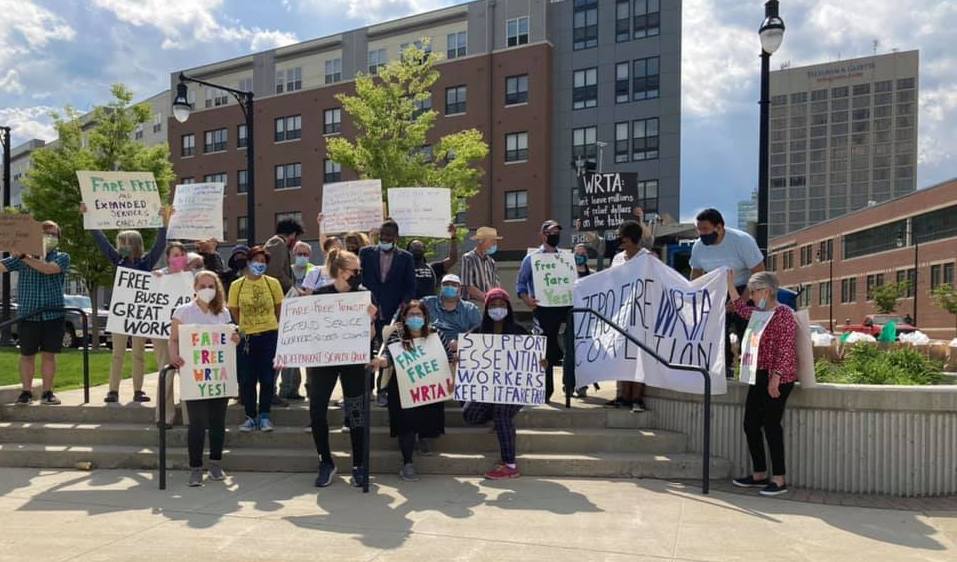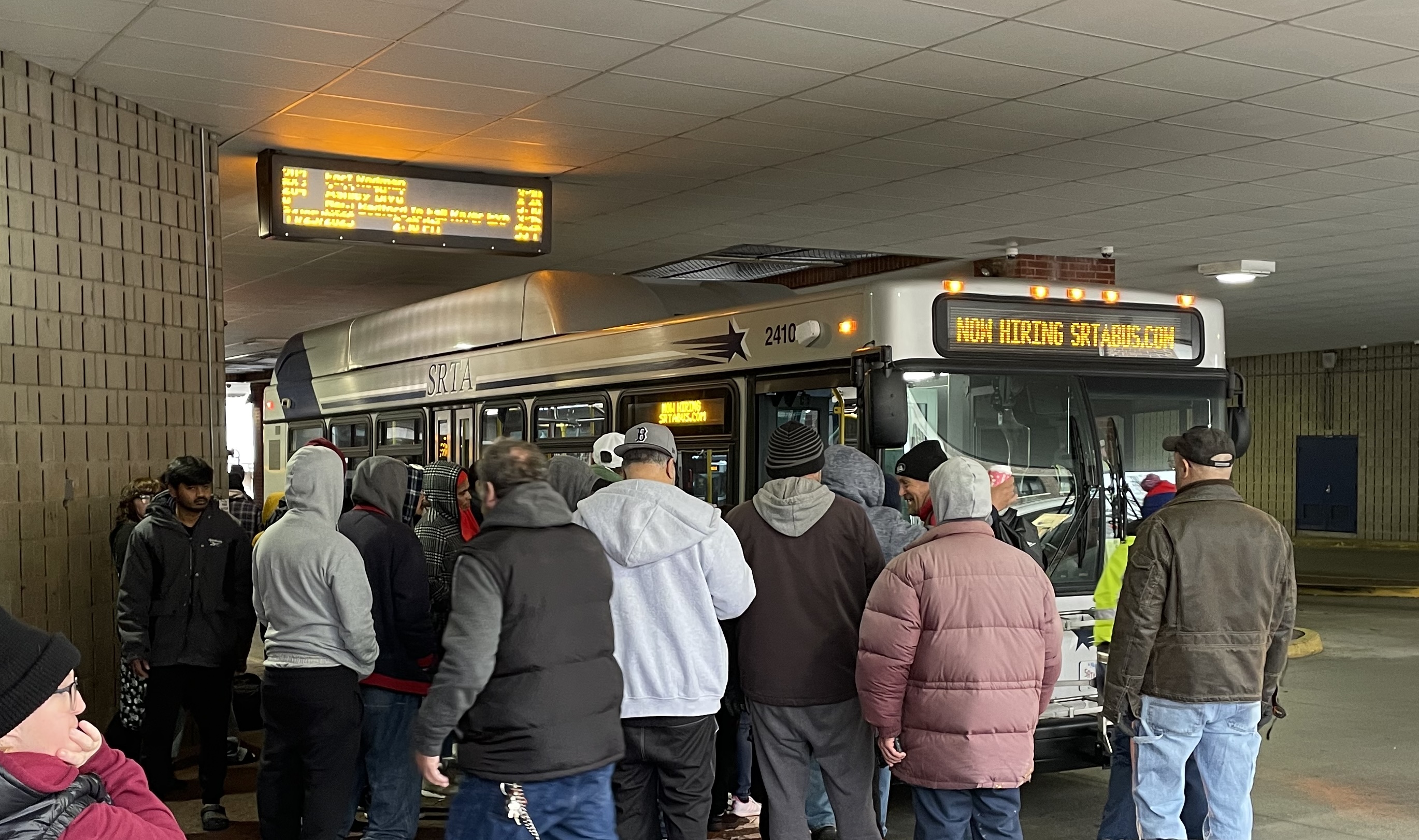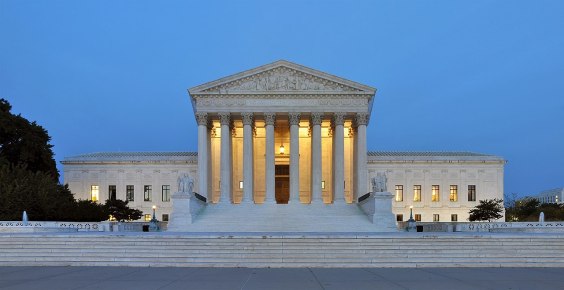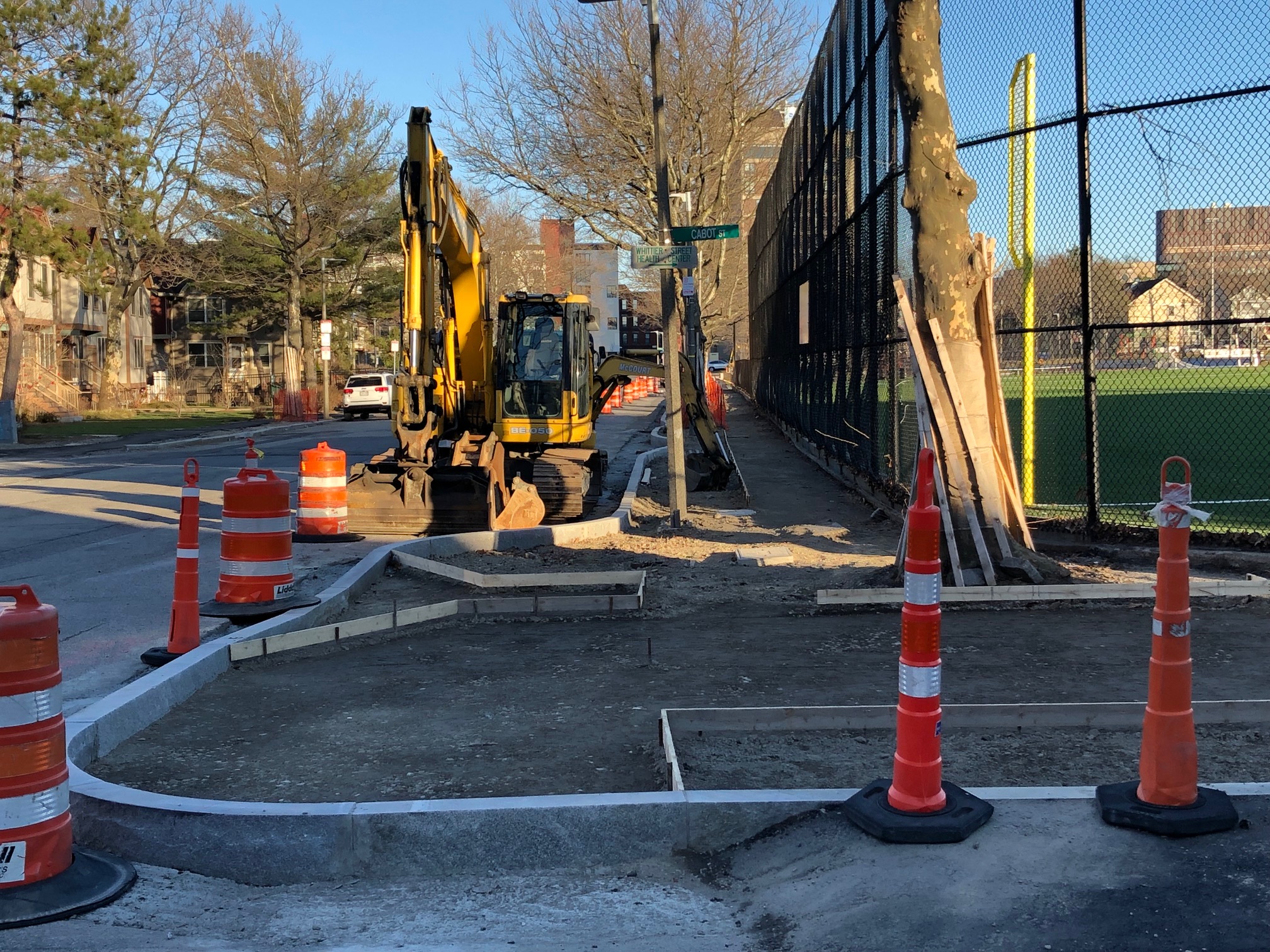The Advisory Board of the Worcester Regional Transit Authority voted Thursday morning to use federal pandemic relief funds to run fare-free buses until January 1, 2022.
The vote overrides an April 29 budget vote that assumed that WRTA buses would start collecting fare revenue again on July 1 of this year.
Thursday's WRTA board meeting included a discussion on how the agency would spend approximately $43 million in federal pandemic relief funds.
WRTA administrator Dennis Lipka, a skeptic of the WRTA's zero-fare policies, has advocated using fare revenue and federal relief funds for increased bus service.
But fare-free advocates observe that the agency’s relief funding is enough to fund improved bus service in addition to keeping fare-free policies going for several years. Before the pandemic, the WRTA received about $3 million a year in fare revenue – which doesn’t count the increased operational costs the agency incurs from fare collection.
"If we suspend fares, it's just not true that we couldn't expand service," Etel Haxhiaj, Zero-Fare Coalition member and Worcester city council candidate, told StreetsblogMASS in a Zoom call Thursday morning. "They don't need to be mutually exclusive."
At Thursday's meeting, WRTA advisory board member Doug Belanger of Leicester introduced a motion to extend the fare-free policy until January 1, 2022.
Other board members then exploited a feature of the advisory board's bylaws to give votes from fare-free supporting board members extra weight.
"Every vote that's cast is supposed to be weighted in terms of population," explained Adam Thielker, Zero-Fare Coalition member and chair of the city's Riders Action Council. "Right away there was a call to make sure that any votes that were taken would be weighted votes. And that's where Worcester City Councilor Gary Rosen comes in – his vote as a representative of Worcester is very heavy."
Rosen, along with the rest of the Worcester City Council, has been a prominent advocate of zero-fare policies.
"Had we raised the fares on July 1, the ridership would go down," Rosen explained to StreetsblogMASS in a phone conversation after the meeting on Thursday. "We want to get people on the bus. I want to see people in the seats. Collecting fares and then running empty buses doesn’t make any sense."
Ultimately, the weighed votes didn't make a difference: the motion passed unanimously, with one abstention.
"Councilor Rosen really turned the tide," says Haxhiaj. "He told everyone that even if the board votes no (on extending the zero-fare policy), he'd be back with this. But this success is a really a credit to the Zero-Fare coalition we've built and its relentless advocacy."






